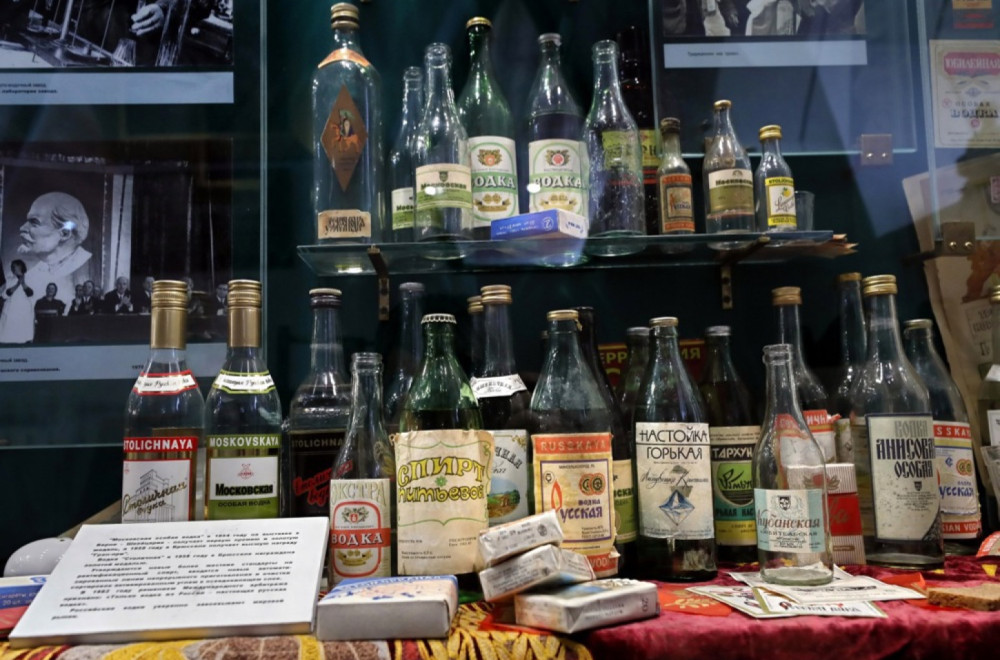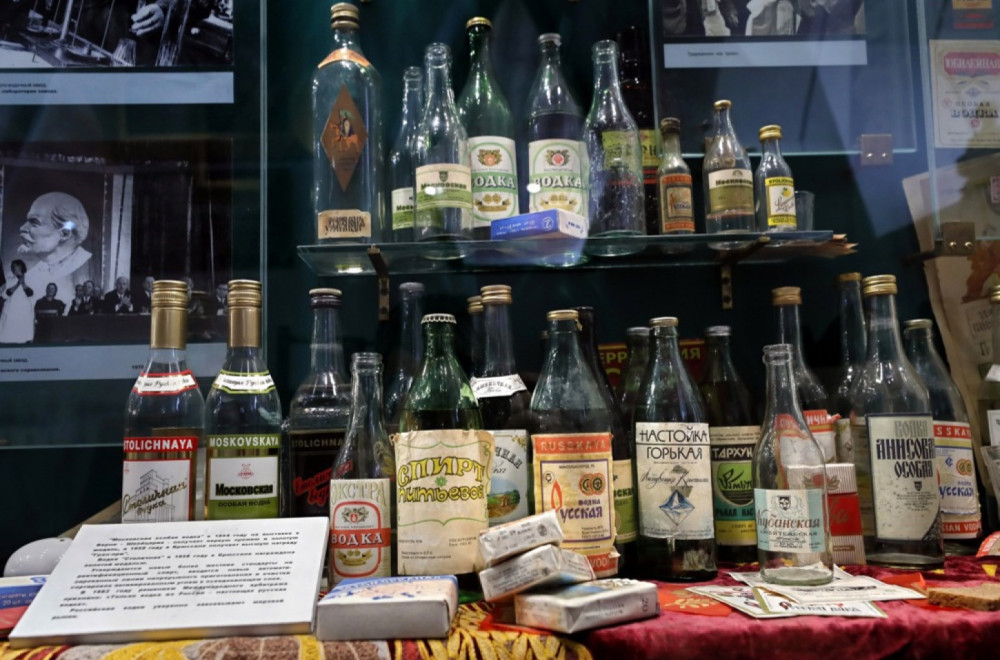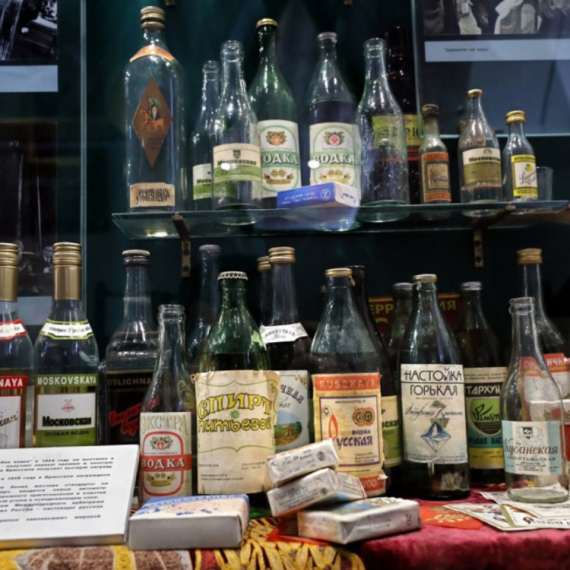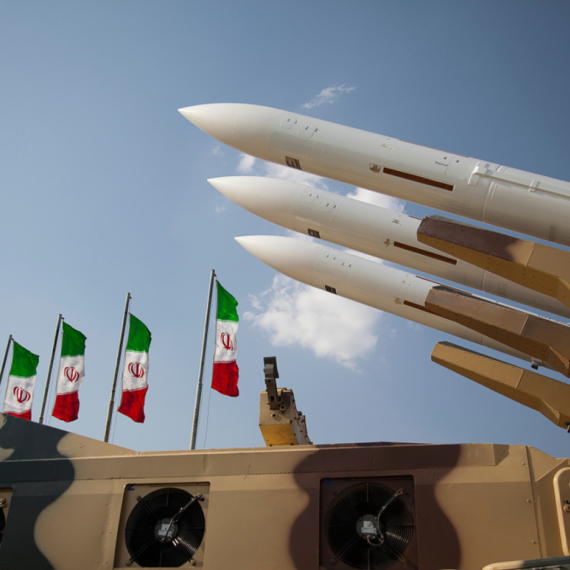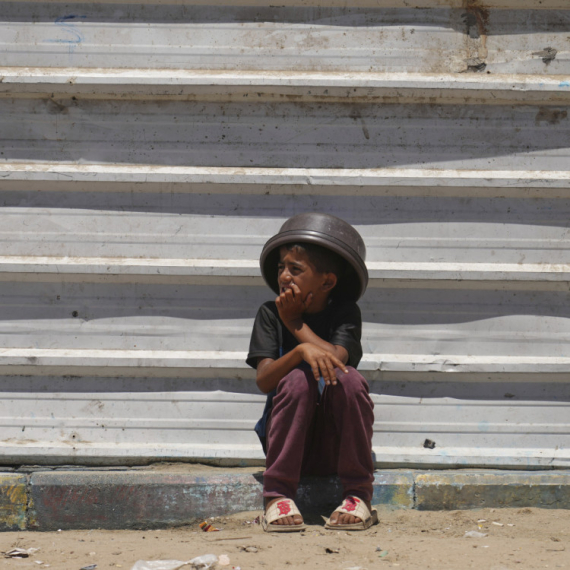According to data from the Russian regulator, the alcohol beverage market in Russia is undergoing significant changes. Vodka production has decreased by 13.2%, while production of other spirits like cognac and liqueurs has also declined. Conversely, production of grape wines and sparkling wines has increased. These changes are attributed to tax policies, inflation, and shifts in consumer habits. Left-leaning media emphasize the impact of economic hardships and inflation on the reduced consumption of traditional drinks like vodka. Centrist sources focus on statistical data and industry changes, while right-leaning media highlight market adaptation to new tastes and trends, as well as the potential impact of sanctions and economic pressures.
Political Perspectives:
Left: Left-leaning outlets emphasize the economic difficulties faced by Russian consumers, highlighting inflation and increased taxes as key reasons for the decline in vodka and other spirit production. They often frame the shift as a consequence of broader economic hardship affecting traditional consumption patterns.
Center: Centrist sources present a balanced view focusing on the statistical data released by the Russian alcohol regulator. They report the decline in vodka and other spirits production alongside the growth in wine production, attributing changes to tax policies, inflation, and evolving consumer preferences without strong political framing.
Right: Right-leaning media stress the market’s adaptation to changing consumer tastes, noting the rise in wine consumption as a sign of diversification. They also discuss the potential influence of Western sanctions and economic pressures on the Russian alcohol industry, framing the changes as part of a broader economic resilience and adjustment.





